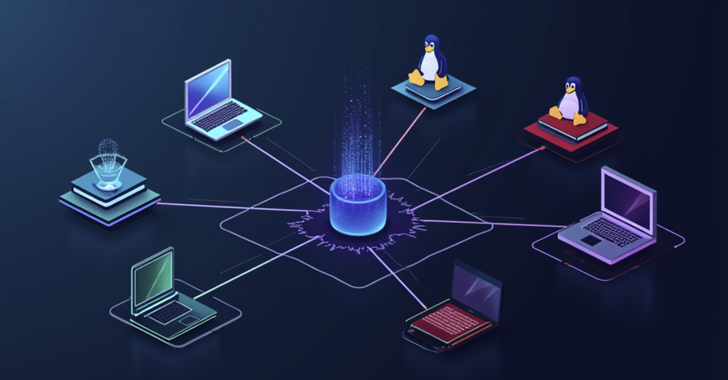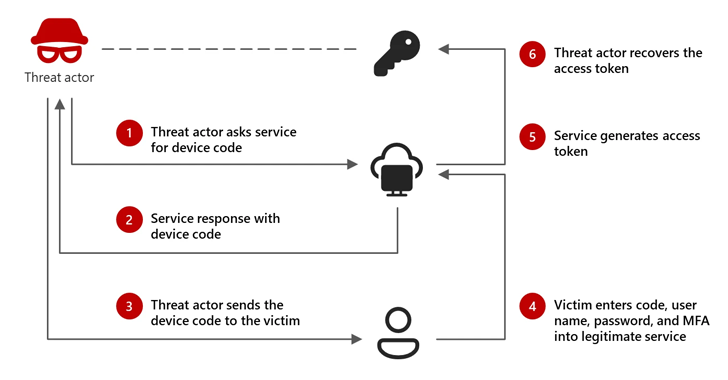[ad_1]
Wipe Your Digital Footprints with Data Wipe Software
Have you ever stopped to think about how much personal information you leave behind every time you go online? Every website you visit, every search you make, every file you download—it all adds to your digital footprint. Even after deleting files or clearing your browser history, traces of your online activity still linger. And in today’s digital world, that’s a serious problem.
India has seen an explosion in digital activity over the past decade, with more people shopping online, using social media, and relying on cloud storage. But with this rapid digitization comes an increased risk of data breaches, identity theft, and unauthorized surveillance. Cybercriminals and data brokers are constantly on the lookout for personal information—be it financial details, browsing habits, or sensitive documents—often recovering so-called “deleted” files with ease.
A recent report from India’s Computer Emergency Response Team (CERT-In) highlighted that over 1.3 million cybersecurity incidents were reported in 2023 alone, including cases where leaked or recovered personal data led to serious consequences. Imagine clearing your browser history, thinking your private searches are gone, only for someone to retrieve and misuse them. Or disposing of an old laptop, believing you wiped the hard drive when, in reality, your files are still accessible.
So, how can you truly erase your digital footprint? How can you ensure that no one—be it hackers, advertisers, or prying eyes—can retrieve your data after you think it’s gone? The answer lies in using dedicated data wipe software that permanently and securely erases files, internet history, and stored cache beyond recovery.
The Reality of Data Privacy in India
With over 759 million active internet users in India as of 2024, digital footprints are larger than ever. Cybercrime is also on the rise—India saw a 15% increase in data breaches in 2023, with personal and financial data being the primary targets. (Source: CERT-In)
Many people assume that deleting files or clearing browser history is enough. However, residual data can often be recovered using specialized software, posing serious privacy risks.
The Risks of an Unprotected Digital Footprint
- Identity Theft: Personal data can be misused for fraudulent activities.
- Data Breaches: Hackers can extract deleted files and misuse them.
- Tracking & Surveillance: Advertisers, corporations, and cybercriminals can monitor online behavior.
To combat these risks, using reliable data wipe software is essential for permanently erasing digital traces.
How Unistal’s Data Wipe Software Ensures Complete Erasure
Unistal’s Data Wipe Software is designed to permanently delete files and browsing history, ensuring your digital footprint is erased beyond recovery. Unlike basic deletion methods, it uses advanced algorithms to overwrite data multiple times, making it irretrievable.
Key Features & Benefits
- Permanent Data Removal: Overwrites data multiple times, ensuring no possibility of recovery.
- Wipes Internet History & Cache: Erases browsing history, cookies, and cached files.
- Supports Multiple Storage Devices: Works on HDDs, SSDs, USB drives, and external storage.
- User-Friendly Interface: Simple, efficient, and requires no technical expertise.
- Compliance with International Standards: Meets global data sanitization protocols.
Conclusion
Your digital footprint is more extensive than you think, and simply deleting files isn’t enough to protect your privacy. Whether you’re a business professional, a student, or an everyday internet user, securing your data should be a top priority. Unistal’s Data Wipe Software provides the peace of mind you need by ensuring your information is truly gone.
Take control of your digital privacy today—because once your data is out there, getting it back is impossible.
[ad_2]
Source link




















